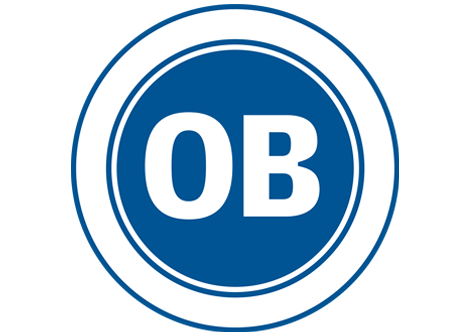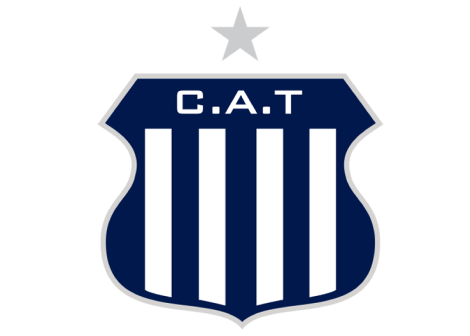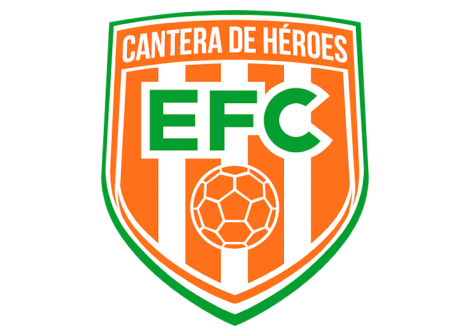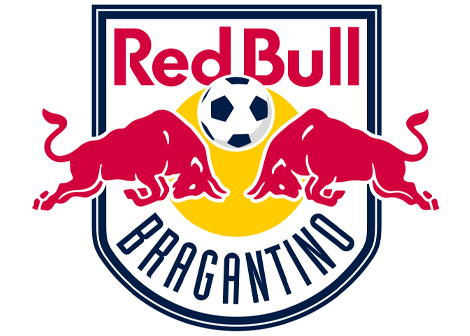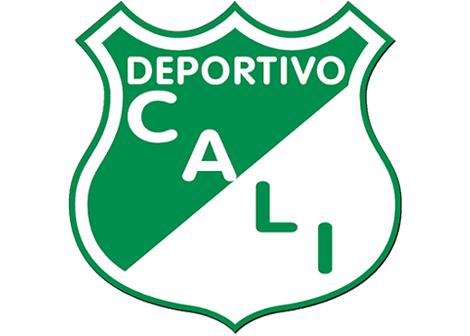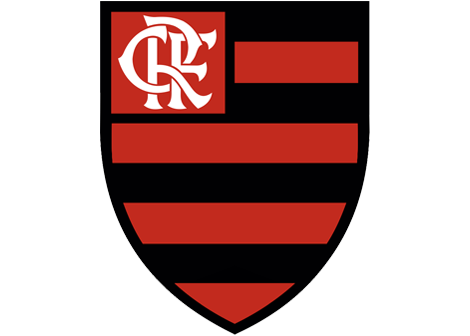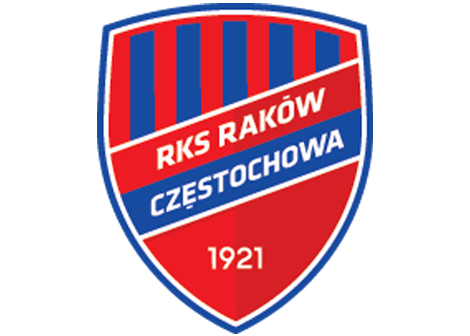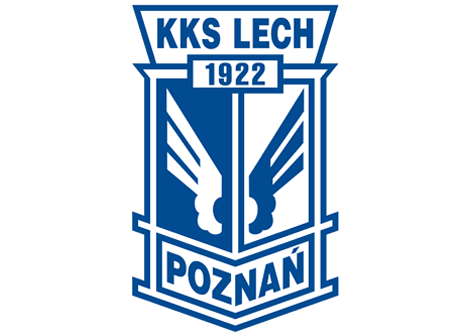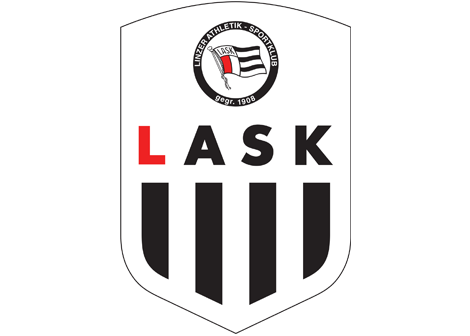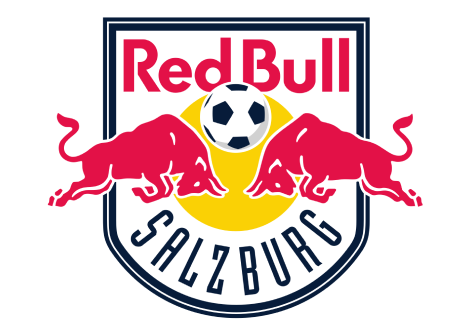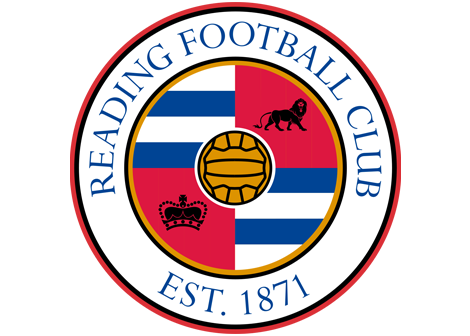Everything you need to know about studying to become a licensed agent, as answered by Dr Serhat Yilmaz, one of the leading expert's on the agent regulations in football.
What makes the exam so challenging is the size of these materials - it's 693 pages long. That's why you need a clear strategy in place for your studying.
Ahead of the FIFA Football Agent Exam on 20th September 2023, we hosted a live Q&A on how to pass the exam. Hundreds of agents tuned in to put their questions to our special guest Dr. Serhat Yilmaz, one of the leading experts on the agent regulations in football.
Dr. Yilmaz passed the exam himself in April 2023, and in a one-hour Q&A hosted by TransferRoom's Commercial Vice President Frederik Broholt, he shared top tips on how to give yourself the best chance of passing, everything you need to know about the exam format and the ideal strategy for success.
You can watch a full recording of the hour long session for free on our YouTube channel here.
Or, if you prefer a written version, here's a summary of the answers provided by Dr. Yilmaz.
How do you physically sit the exam?
The exam is administered by your respective national associations. You'll be in a physical space organised by your national association, where you will then log in to the online FIFA platform. From there, you're prompted to go to the exam section where you'll begin the exam.
Can I bring any study materials into the exam?
Yes. FIFA has published the FIFA Study Materials, which all the questions for the exam are based on. The materials incorporate all of the regulations and safeguarding materials relevant to the exam. During the exam, you'll be able to access these materials.
It's important to stress that everything covered within the exam is from these materials. You won't get caught out by asking questions on any other topic, or anything specific to a specific country's rules.
Where can I access the FIFA Study Materials?
Here's a link to the materials from the FIFA website.
What makes the exam so challenging is the size of these materials - it's 693 pages long. That's why you need a clear strategy in place for your studying.
How many questions will I be asked?
You'll have to answer 20 multiple choice questions. These are randomly generated by the system so every candidate sitting the exam gets different set of questions.
How long does the exam last?
You've got 60 minutes to complete the 20 questions. So, you could think of this as three minutes per question.
What's the pass/fail criteria?
You need to answer 15 or more of the 20 questions correctly to achieve a pass.
What happens if I fail the exam?
From 1st October, passing the exam is a criteria for an agent being granted a licence to perform the duties of an agent. The 20th September 2023 exam is the last chance for an agent to achieve this pass ahead of that deadline. FIFA has said it plans to offer two exams per year, with the next one being in May 2024. So that effectively means that you wouldn't be able to operate as an agent under the new FIFA regulations until at least May 2024 if you fail the exam in September 2023. You can attempt to pass the exam again in future as many times as you like, but you would need to pay another exam fee each time.
What strategies do I need to have in place to set me up for success?
Firstly, a study strategy. You need to study the materials and try to understand the regulations and safeguarding materials. Fundamentally, you need to put the time in to learn the material. You'll have your own individual approach to this but the key thing is to put the time in.
Secondly, you need a strategy for the exam. Here are my recommendations for that:
- Purposefully read and understand the questions well
- Identify what type of question it is – look for clues in the question!
- Pay attention to specific ‘references’ and ‘keywords’ in the text of the question to determine;
- Specific FIFA regulation the question is based on, and
- Specific regulatory provision (article) within that regulation the question is based on
- Then, go to the study materials to identify / check the right answer(s)
What type of questions might I face in the exam?
From my own experience of taking the exam and completing the mock exam several times, there are four types of questions.
Direct rule questions. These are asking you a question on a very specific rule or provision.
Scenario based questions. These require you to interpret a factual scenario to identify the correct answer.
Then you could have two styles of question in terms of the choice of answers. You'll either see a single correct choice question, where only one answer is correct, or a multiple correct choice questions, where you might be asked to select multiple correct answers from the options available.
Example mock exam questions are available on the FIFA agent platform.
What are my options for bringing the study materials into the open book exam?
You can either bring a hard copy or access the materials online.
Even though you can bring in the materials, my key advice is that you still need to study, study, study. You can't rely on trying to find the relevant section within the materials if you haven't engaged with the material previously. That will be really challenging.
What do I need to consider if bringing in a hard copy of the study materials?
- It's your responsibility to get the hard copy. You won't be given it by your National Association.
- Hand-written notes on the hard copy are allowed. It's an advantage to be able to take in all your notes and annotations.
- The main challenge is how to then navigate a 693-page document full of notes in the 60 minutes. I suggest using dividers so you can easily jump to each section.
- If you decide to use the hard copy, I'd definitely recommend lots of practice beforehand of using mock questions and trying to navigate to the correct section of the materials, to create out a system that works best for you.
What do I need to consider if I'm using the electronic version of the study materials?
- Only the electronic copy in the FIFA Agent Platform is permissible during the exam. You cannot use a separate electronic copy of the materials.
- As these open in a separate browser window in the same platform as the exam itself, I found it easier to download the materials as a PDF and have that open on my computer. Don't bring in a pre-saved PDF file as this will likely fall foul of FIFA's rules.
- Notes and annotations on the electronic copy are not permissible, which is a disadvantage compared to the hard copy.
- The key advantage is that you can keyword search the electronic file, which makes jumping to the right section easier to manage in the 60 minutes.
Given that the exam materials have almost 700 pages, are there particular sections to focus?
Remember that the distribution of questions is random for every candidate, so what you see might be completely different to me.
But from my experience taking the exam, 13 of the questions, so two thirds, came from the FIFA Football Agent Regulations and the FIFA Regulations on the Status and Transfer of Players (RSTP). So those are two key regulations everybody should closely study and fully understand.
Specifically, I remember two questions about the service fee provision, three questions on training and compensation.
I also got two safeguarding questions, so it’s recommended to have a good general understanding of that area.
Can you take a calculator into the exam for calculating things like the solidarity payments?
Yes, this is permitted under article 6 of the FIFA Exam Rules.
Is the exam available in multiple languages?
According to FIFA guidance, the exam can be taken in one of three languages - English, Spanish or French. When you log into the FIFA Agent platform and click on the "Exam" tab, you'll be able to select your preferred language. There's also a translation link available where you can copy and paste the question into another tab and select the language you want it to be translated into.
As the exam is administered by each National Association, will candidates have a different experience based on the country they are in?
There's a lot of confusion about this. This is a FIFA exam, so FIFA coordinates the exam dates and questions. Then the responsibility of the National Associations is to administer the exam on that date. That involves arranging exam venues and the administration around payment of the fee. They also verify your ID and check your record on the FIFA agent platform when you turn up on the day, and help with physical arrangements on the day, for example taking you to your seat or helping with any connectivity issues.
In the run up to the exam, I can only talk about my experience taking the exam via the English FA. They communicated with me in the run up to the exam about the venue, key rules, and other important information. I'd advise you to constantly check your inboxes to make sure you're receiving and reading those key email communications from your respective associations.
Is the practice exam easier than the actual exam? Lots of agents seem to think it is!
From my experience, the types of questions and style of them were very similar. You'll get a mix of the direct rule, scenario based, single answer and multi choice questions, so it's good to practice all of them.
In terms of difficulty, I personally felt the real exam questions were harder than the mock exam. But with preparation and a good strategy, you should be ready.
How soon after the exam will you find out if you've passed?
You're notified on the FIFA agent platform. You'll see your status on there change from waiting to take the exam, to "exam taken, results pending" or similar, and then your status will change to "exam passed". If you're taking the 20 September exam, you should receive your results before 1 October given that a pass will be a pre-requisite for obtaining a licence to operate as an agency.
Dr. Serhat Yilmaz runs a training course on the FIFA Football Agent Examination for Loughborough University, in partnership with the Johan Cruyff Institute. Find out more about the course and register here.
Are you an agency interested in growing your network, recruiting the best players, and getting direct access to decision makers at over 700 top clubs worldwide? Become a TransferRoom Trusted Agent.
Book an intro call
Trusted by decision makers from 800+ clubs worldwide










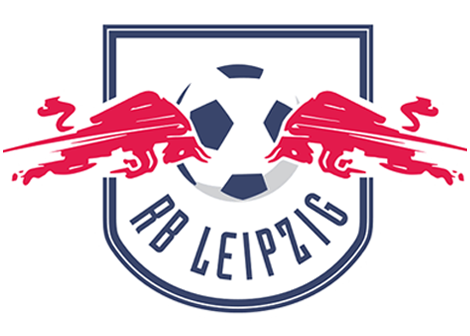













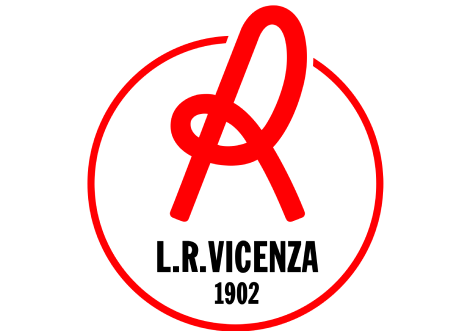
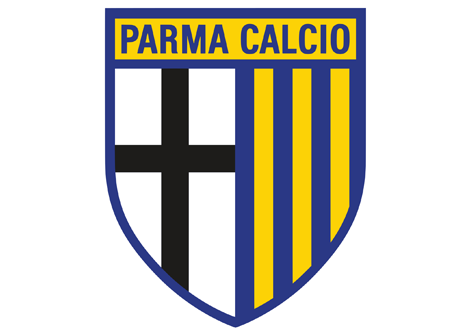

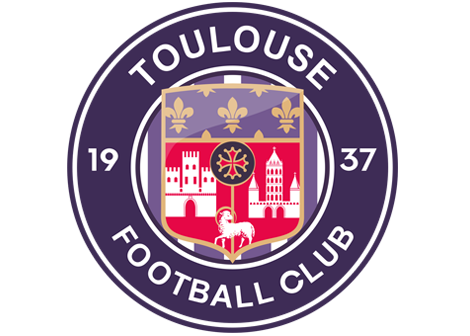
















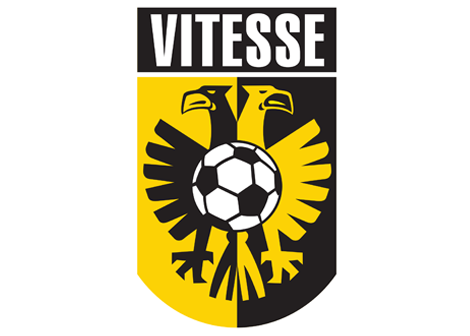
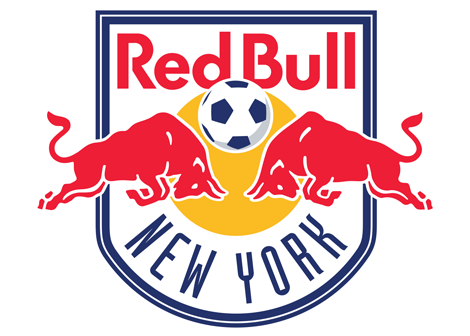


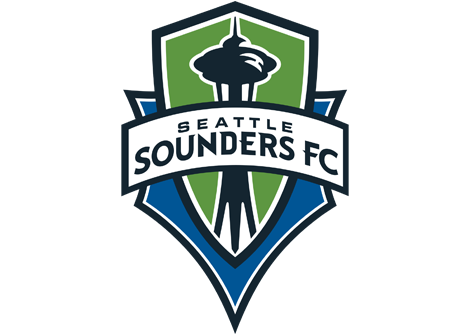
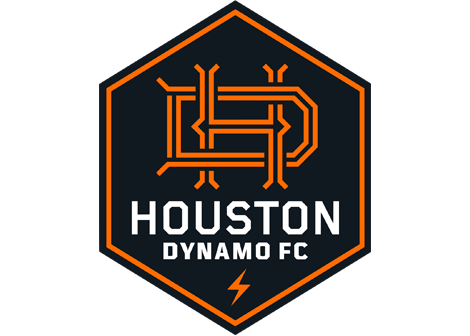
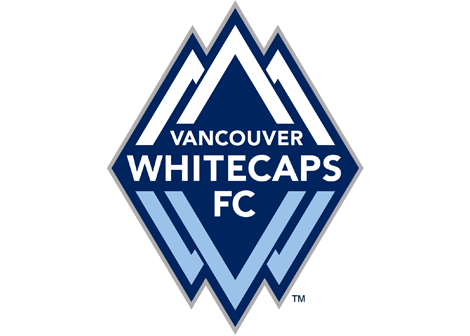







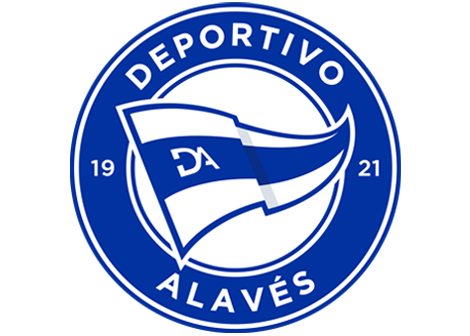

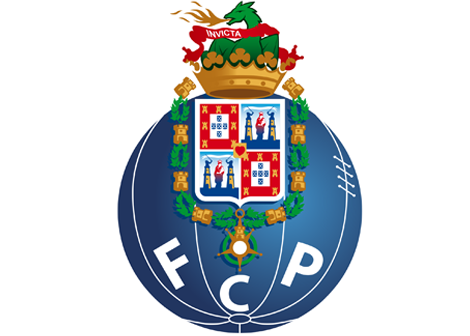


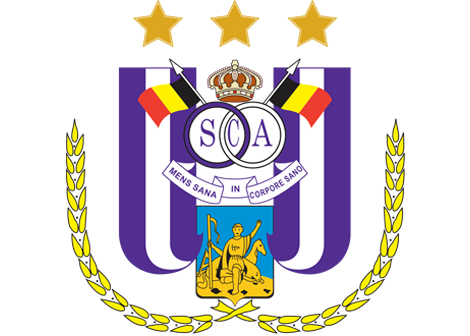
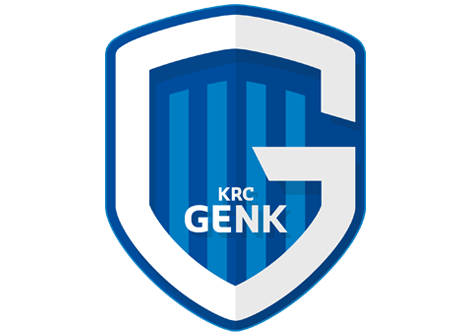














/SWEDEN/Malm%C3%B6%20FF.png)
